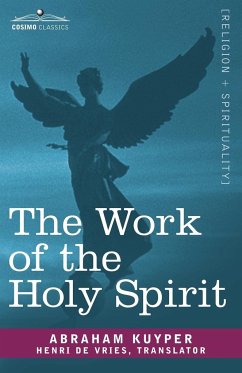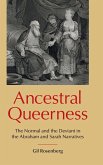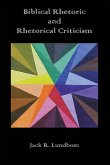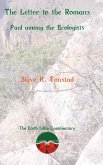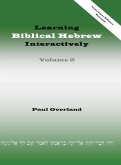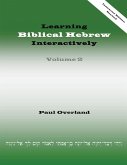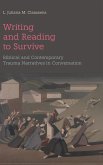Texts are rhetorical; they have an effect; they shape the mind and emotions of the readers who engage the text. Readers, in their turn, attend to the rhetoric of a text through the interpretative lens they bring to their reading of the text at the same time as they are being shaped by its rhetoric. Elaine Wainwright's eco-rhetorical reading of the Gospel of Matthew explores this interplay of rhetoric and perspective. An ecological perspective or hermeneutic is relatively new within biblical studies. It continues to be shaped and formed. Lorraine Code's call to 'ecological thinking' as a new 'social imaginary' informs the ecological perspective that Wainwright brings to this particular reading of the Gospel of Matthew. It is attentive to the interrelationships of all Earth constituents, and functions as a lens through which one can read the entire Gospel of Matthew. Such a perspective functions well with the particular rhetorical approach that guides this ecological reading. This approach is attentive to a complex weaving of material and 'other-than-human' as well as human features into the fabric of the text: hence the title Habitat, Human, and Holy. It is their interaction in the text that constructs its rhetoric and it is this that engages the ecological reader. The story of Jesus, Emmanu-el, as it unfolds in the carefully structured Gospel of Matthew, is here read using an ecological hermeneutic and a rhetorical way of reading. Significant new insights emerge at each step of the way.
Hinweis: Dieser Artikel kann nur an eine deutsche Lieferadresse ausgeliefert werden.
Hinweis: Dieser Artikel kann nur an eine deutsche Lieferadresse ausgeliefert werden.


